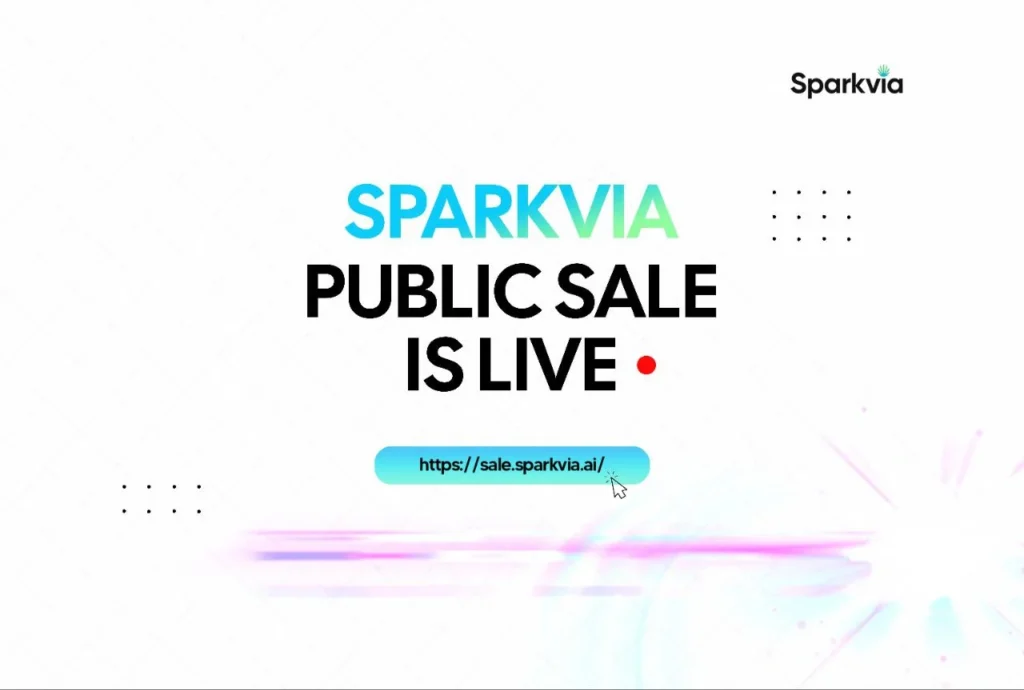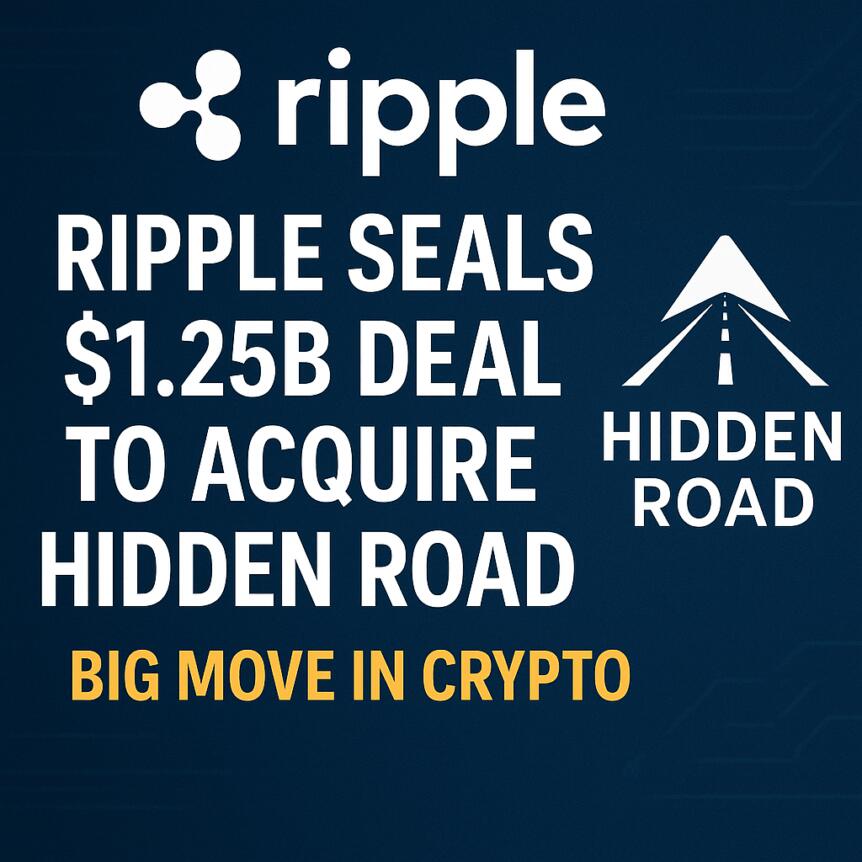XRP News: SPARKVIA (SPK) Token Public Sale Is Live: Inside Sparkvia AI Writing Platform, First XRP-Native Credit System For Writers & Creators

Sparkvia AI has opened the SPARK (SPK) public sale, bringing a utility token to the XRP Ledger that powers simple, pay-as-you-go access to AI writing tools. The sale is live now at https://sale.sparkvia.ai/.

Built by Malta-based founder Zayven Annati, Sparkvia AI is the first full-stack AI writing platform operating on the XRP Ledger. Instead of subscriptions, users purchase Spark credits only when they need them then spend credits to generate blog posts, website copy, social captions, product descriptions, newsletters, and more. With SPARK (SPK), creators can acquire credits and unlock premium features using a token purpose-built for the platform’s on-chain economy. New accounts also receive 100 free Spark credits to explore before topping up.
For a crypto-native audience, the appeal is the XRPL fit: fast settlement, low fees, and transparent, auditable transactions. Each credit top-up is recorded on-chain, so teams can map spend directly to output without month-end surprises. That transparency is paired with shipped product.
Sparkvia’s toolset covers the most common jobs in content workflows. AI Writer for instant first drafts, Creative Home Page for conversion-ready site copy, Advanced Blog Post Writer for long-form SEO, Grammar & Style Editor for clarity and tone, and All-in-One Social Post for platform-specific captions.
How to participate in the sale: visit https://sale.sparkvia.ai/, review the sale parameters, then send XRP to the presale wallet shown on the page to finalize participation on-chain.
Once the transaction settles on XRPL, your allocation is recorded and distribution details are provided on the sale portal. https://sale.sparkvia.ai/.
Crucially, SPARK is a utility token intended for use inside Sparkvia’s ecosystem, aligning payment with real activity rather than speculative narratives. By matching micro-purchases to creative work and settling them on the XRP Ledger, Sparkvia offers a straightforward path for writers and teams to scale production without subscription lock-in.
The SPARK (SPK) public sale is open now at https://sale.sparkvia.ai/. For full parameters, regional eligibility, and risk disclosures, consult the sale portal.
About Sparkvia AI
Sparkvia AI is an AI-driven writing platform on the XRP Ledger that delivers fast, transparent, pay-as-you-go access to advanced content tools through on-chain credits. The company was founded by Zayven Annati and is headquartered in Malta.
Sparkvia AI Socials;
Website: https://sparkvia.ai/
Public Sale Portal: https://sale.sparkvia.ai/
X: https://x.com/sparkvia_AI
Telegram: https://t.me/sparkvia
Discord: https://discord.gg/Ab5xQeCB
This article is not intended as financial advice. Educational purposes only.
You May Also Like

Ripple Seals $1.25B Deal to Acquire Hidden Road — Big Move in Crypto

Cashing In On University Patents Means Giving Up On Our Innovation Future
